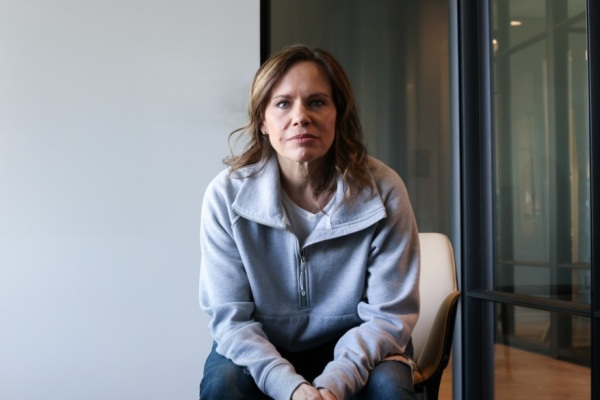Charity helps Egyptian Christians launch businesses amid COVID-19 unemployment struggles

A United States-based Christian charity has provided microloans to help Christian families in Egypt launch businesses or bolster their already existing ones as the combination of religious persecution and COVID-19 has reportedly led to an 80% unemployment rate among Christians in Upper Egypt.
International Christian Concern, a non-profit that runs several initiatives to assist persecuted Christians worldwide, developed the microloan program that is benefiting the lives of 52 Christians in Egypt through 13 different loans as part of its Hope House Program.
Traditionally, the Hope House Program has focused on providing educational tutoring and child welfare to Christian children in Egypt, where Christians contend they are essentially treated as "third-class citizens."
But with the economic impact of COVID-19 ravaging Christian communities, the program is also focused on providing financial support to the parents of the children it helps.
Though the microloans are encouraged to be paid back, return payment is not required, according to ICC.
“The loans last for a year and are offered to anyone who has lost a job or has been discriminated against,” Claire Evans, ICC regional manager for the Middle East, told The Christian Post. “Even during COVID, they’ve been able to maintain business which shows how important it is to have some sense of control of their livelihood.”
Under the conditions of COVID-19, ICC reports that many employers in Egypt have blamed Christians for the pandemic and isolated them from what few job opportunities exist. The average Christian income is $115 a month, as opposed to the national average of $313, according to ICC research.
The government in Egypt does not actively work to stop the persecution of Christians and has rules that have made employment very difficult for them, according to ICC. The Hope House Program has provided long-term solutions and hope, Evans said.
“Egypt tries to restrict work and hide Christians in the background,” Evans said. “We want to make sure the help they ask for is helpful for their future. The business loans have been so successful, they end up as a contribution to the broader society.”
Microloans have led to tremendous success among those receiving them and the communities at large, Evans reports. According to her, one woman began a small rug business and has grown the business so much that she has since employed other persecuted Egyptians.
Another citizen of Egypt facing financial hardship and persecution is a 54-year-old father of four named Bassam.
He used the loan provided by the Hope House Program to improve the small grocery shop that he’s owned for 13 years.
“This loan helped me to bring new products to my grocery shop,” Bassam said a statement. “Before getting the loan, I was not affording to buy three packages of soda. Now I can afford to buy 10 packages and sell them to the client in a short time. Also, now I can sell chilled meats at my shop.”
While business-related help is a bit of a new focus for the Hope House Program, the program’s vision of aiding children’s education, health and freedom persists. This year, child labor has risen in Egypt by 20%, according to Evans.
While business loans may directly help Egyptian adults, there is a trickle-down effect on children. If children have to work to keep their families alive, they are unable to be in school or to receive an education.
“We want kids to stay in school and dream big about what is possible as an adult,” Evans explained. “There’s no technology for remote education. These kids haven’t been to school since March and Egypt has no real strategy to fix it.”
The Hope House Program is known for its tutoring services in Egypt.
Typically, children come to a Hope House facility to receive help with their studies as a group. With the ongoing COVID crisis, though, group tutoring has become impossible.
Fortunately, Hope House staff can go from home to home to assist children and families.
Evans mentioned a disheartening discovery amid the new protocol and circumstances of the Christian population in Egypt.
“We’ve seen a lot of depression that’s led to suicide, even in the kids,” she said. “That’s not normal in this culture. They’re just facing persecution in one hand and a pandemic in the other. It’s like they’re standing on the edge of a cliff. And I’m glad we can go in to just hold their hands and walk them back from the edge.”
According to the ICC, 38% of the children in Egypt showed symptoms of anxiety and depression. Hope House doctors, as well as support staff, work with children and entire families to teach general safety, hygiene and personal boundaries.





















